In a time when science journalism faces mounting challenges, four writers examine the flaws of science policy, funding, and practice in the U.S.
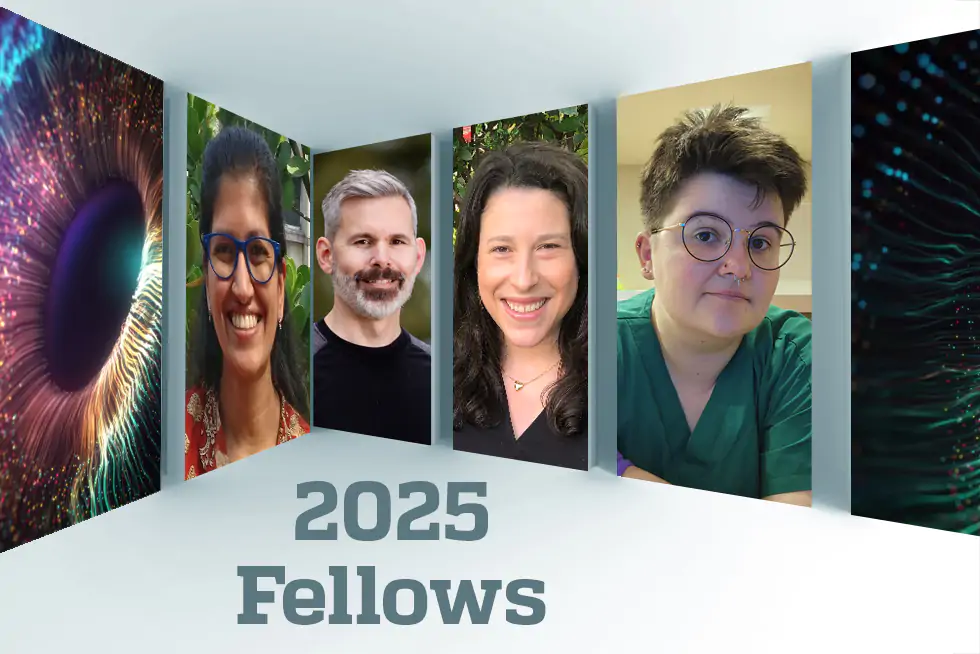
Johns Hopkins University’s MA in Science Writing program, in partnership with the Good Science Project, has awarded four $5,000 fellowships to support investigative feature stories that examine where science goes wrong and how it can be made better. The program, funded by the Good Science Project and administered by JHU’s MA in Science Writing program, proudly recognized the honorees who included freelance writers Sruthi Balakrishnan, Andy Carstens, Lindsay Gellman, and current JHU MA in Science Writing student Katherine Greene. A committee of professional writers and scientists served on the fellowship selection committee.
“We received twice as many applications this year, and we’re thrilled with our 2025 fellows,” says Sam Apple, Program Coordinator and a senior lecturer for the Johns Hopkins MA in Science Writing program. “The four article proposals we’re supporting are very different, but they’re all focused on areas where science goes wrong and how the problems might be addressed. These are articles that can truly make a difference, and we’re proud to support longform journalism at a moment when it is increasingly challenging for journalists to secure funding for big stories. To that end, we are indebted to Stuart Buck, Executive Director of the Good Science Project, and his team for continuing to provide the monetary support of these fellowships.”
2025 Fellows’ Winning Submission Topics
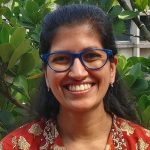 Sruthi Balakrishnan
Sruthi Balakrishnan
An in-depth analysis of the aftermath of the National Institute of Health’s data-sharing mandate.
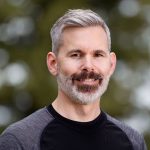 Andy Carstens
Andy Carstens
An exploration of the role of the university when academic scientists make unsupported claims.
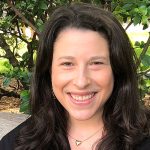 Lindsay Gellman
Lindsay Gellman
An investigation of unorthodox Alzheimer’s treatments.
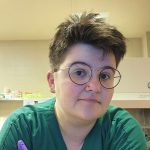 Katherine Greene
Katherine Greene
A look at how the pressure to publish and secure research funding has driven academic scientists to manipulate data.